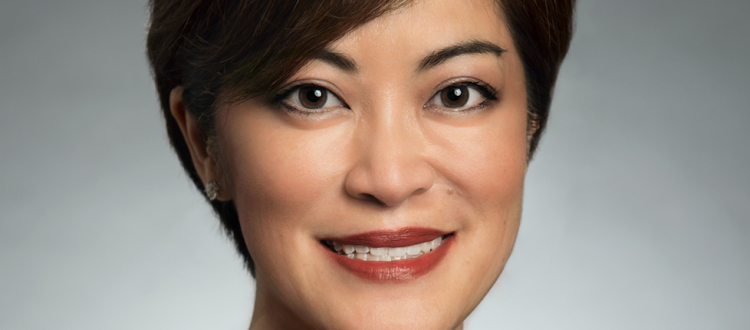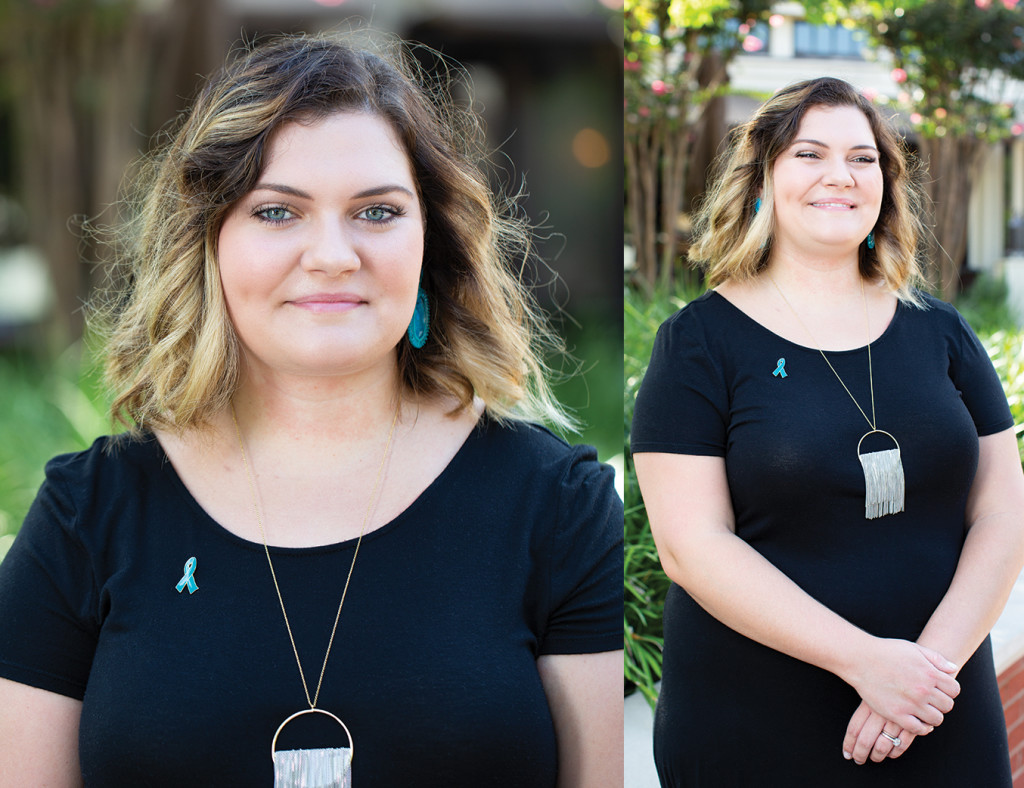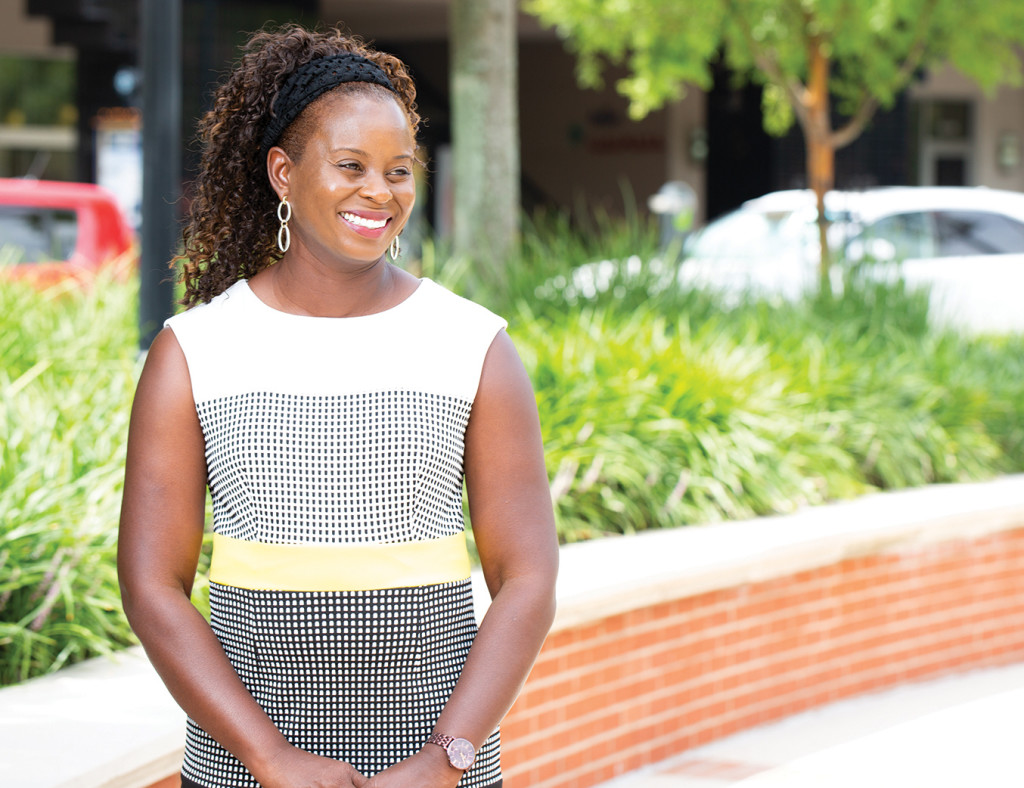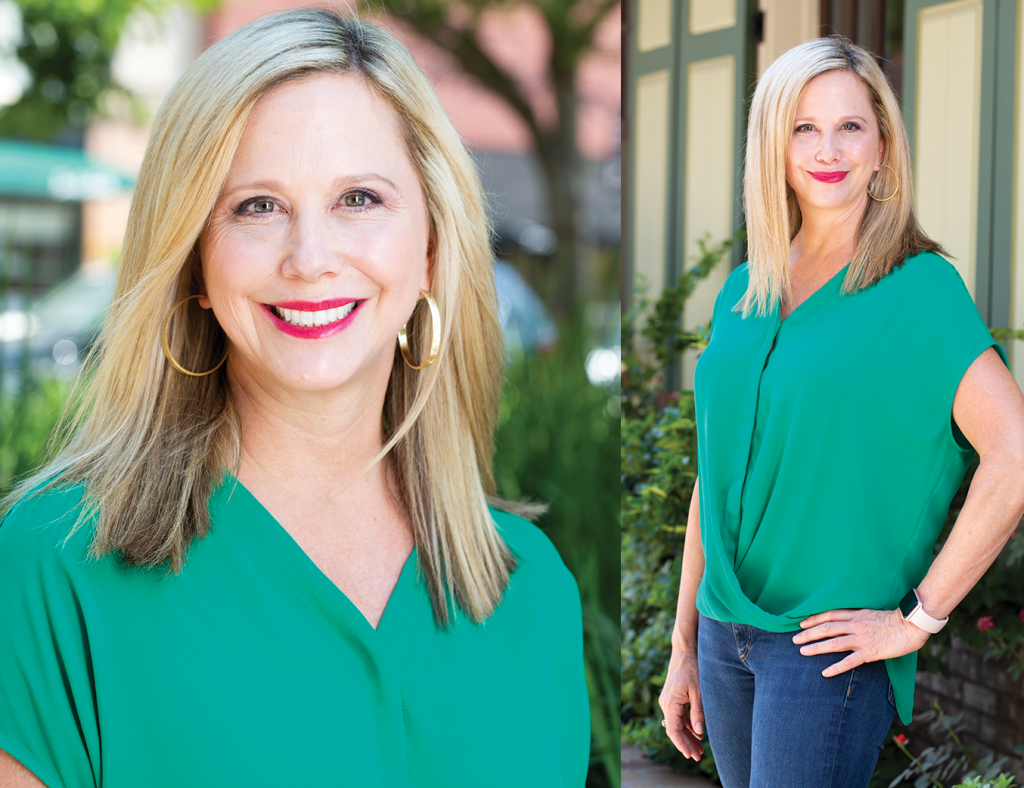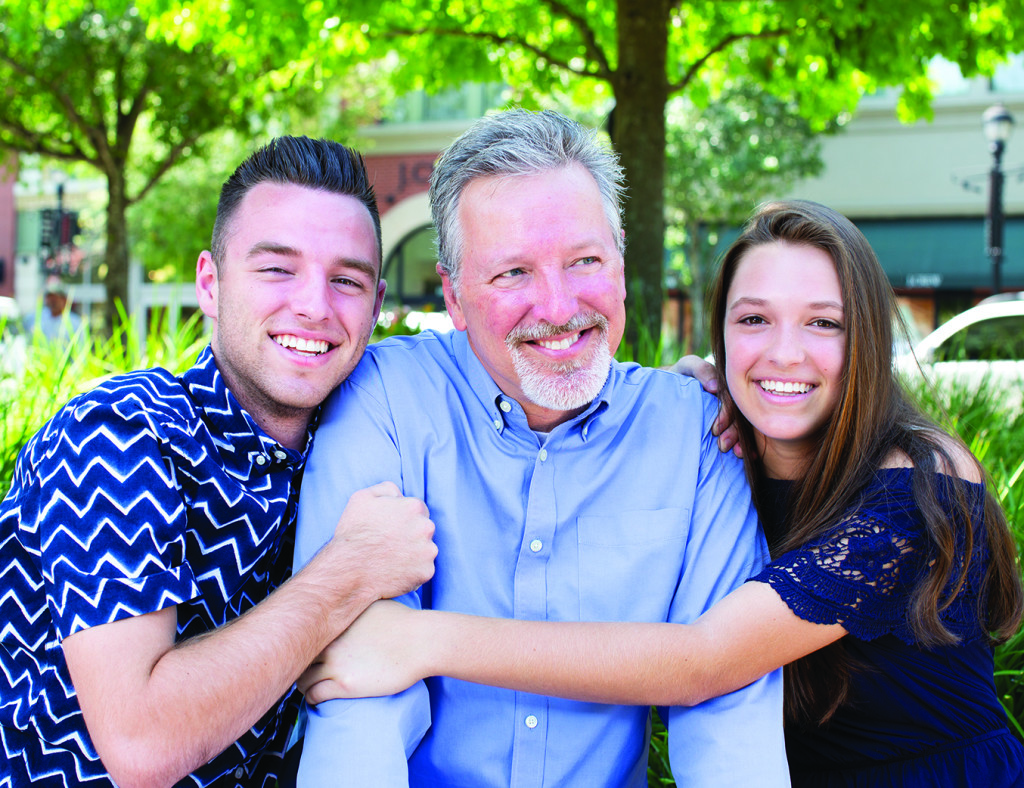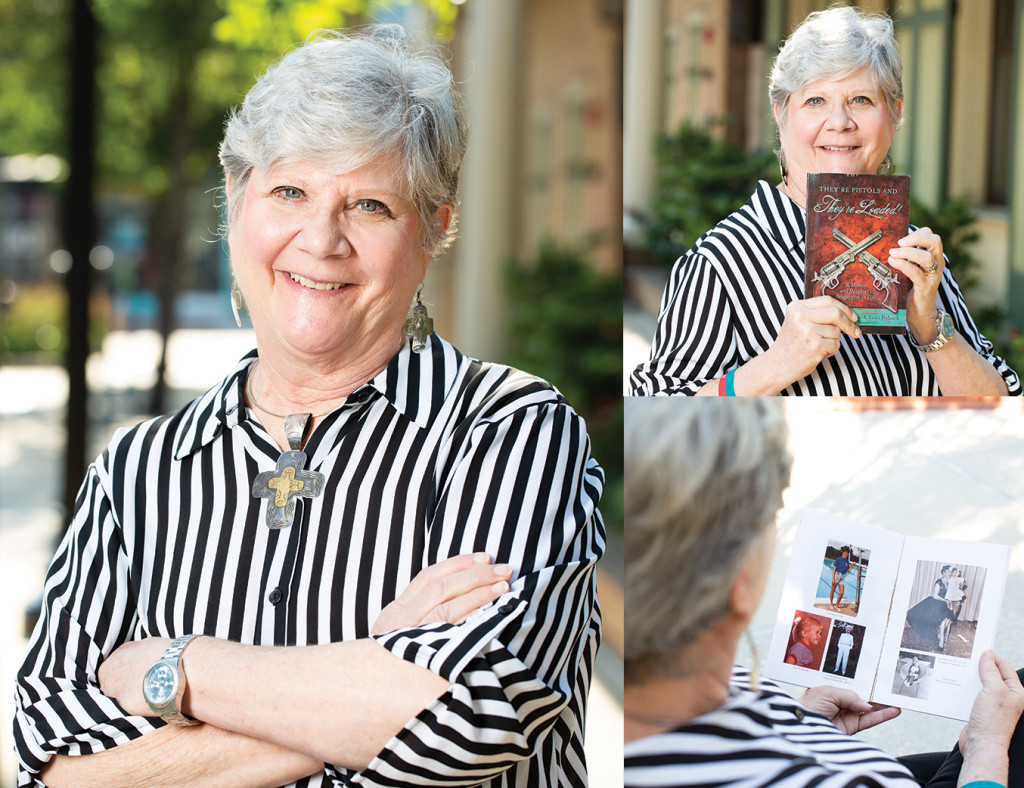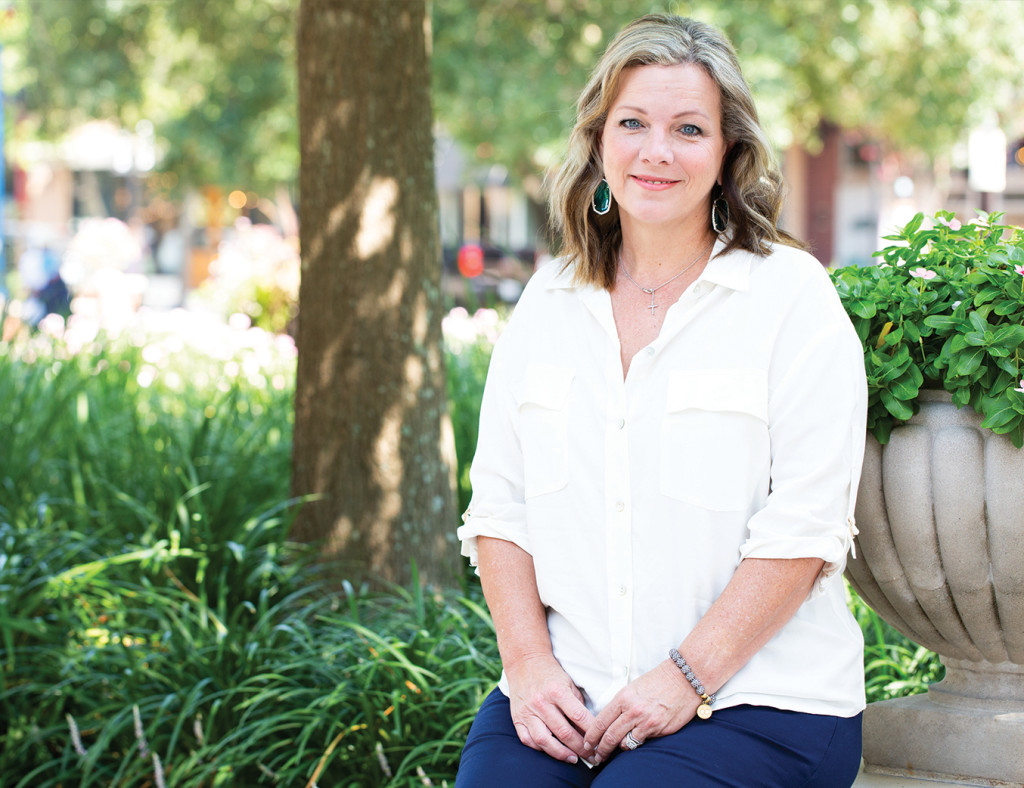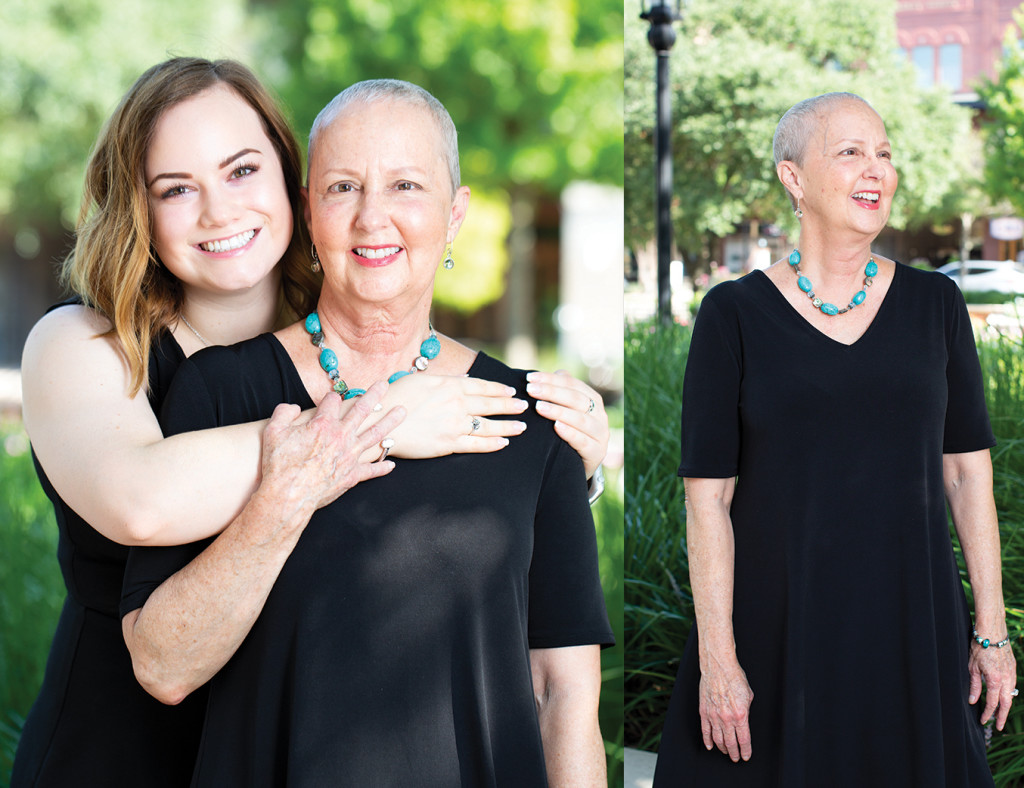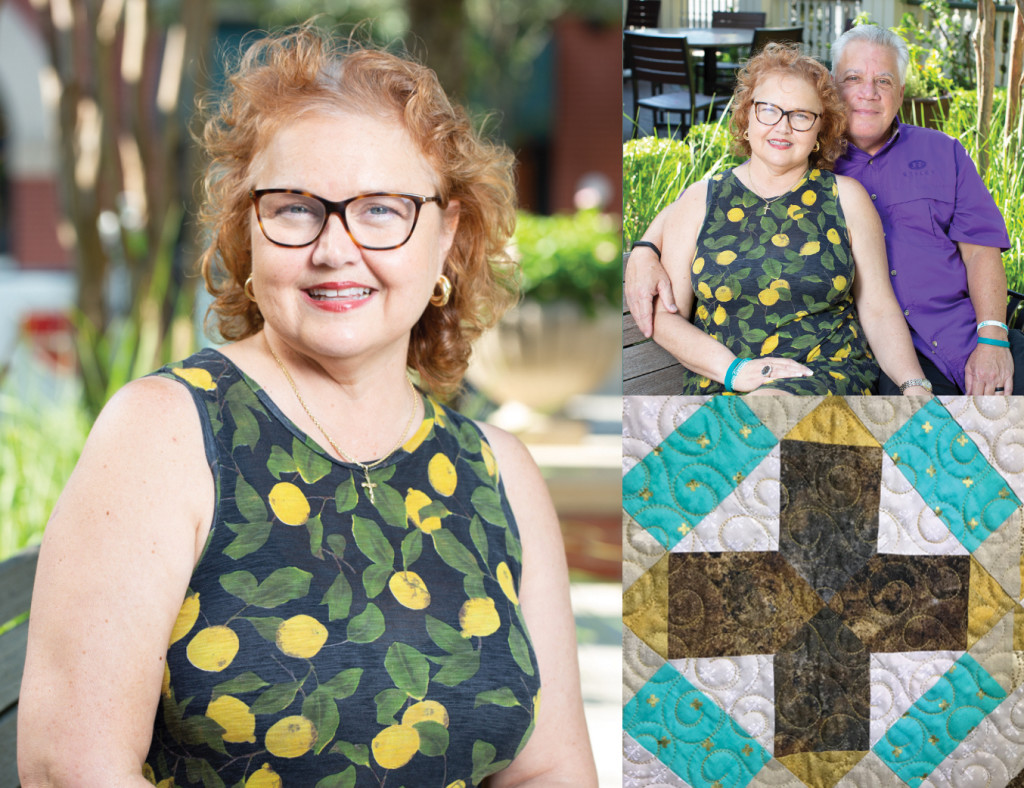An Interview with Dr. Christine Lee, Gynecologic Oncologist, The Woodlands
Introducing Dr. Christine Lee,a gynecologic oncologist at Memorial Hermann The Woodlands Hospital and Texas Oncology, – a woman who has impacted the lives of numerous women she has met and worked with. Today we sit down with Dr. Lee and learn more about what drove her to this field, her insights on ovarian cancer and her message to all women.
- Why did you decide to practice gynocolgoic oncology in the first place as opposed to any other oncology specialty?
When I was going through medical school, I realized that I really enjoyed taking care of women and promoting women’s health. I chose gynecologic oncology specifically because it is the only field where a subspecialist has the skills to not only perform cancer surgery but also to administer chemotherapy. This provides the optimal continuity of care for my patients and helps me achieve a higher level of understanding of my patients’ disease process.
- What, in your opinion, is the biggest misconception about ovarian cancer?
That this is a deadly disease, like “pancreatic” or “brain” cancer. We have traditionally only had surgery and chemotherapy to treat ovarian cancer. However, in 2011, the FDA approved the first biologic agent for the treatment of recurrent ovarian cancer. Since then, several biologic agents have been approved and I anticipate that the addition of these agents will change the course of ovarian cancer in the long-term. This is a very exciting time for ovarian cancer as new therapies are continually being introduced. These biologic agents are quickly becoming a routine part of ovarian cancer care, and this brings hope to all patients with ovarian cancer. Many clinical trials are available that study these new drugs, and the importance of being a part of a trial, if appropriate, cannot be emphasized enough.
- Do you think that one day a screening for ovarian cancer will exist? Or is that precisely the problem with OC; that coming up with an effective universal screening is not likely based on the characteristics of the disease?
I would love to see a true screening test for ovarian cancer! Many, many studies have been done looking at performing regular USGs, or drawing routine CA-125 levels, or performing both CA-125 and USG simultaneously, for the detection of ovarian cancer. These methods are neither sensitive nor cost-effective. Universal screening may be more possible in the future than it has been previously as we continue to uncover more about the behavior of ovarian cancer. It is also clear that ovarian cancer is a multifaceted disease and what one tumor expresses may not be expressed in another, making screening ultimately very difficult.
- If you could text message every woman in the world, right this minute, what would you say to them in regards to ovarian cancer or their health in general?
Follow your instincts. If you have some vague symptoms- (all symptoms of ovarian cancer are vague and can be explained by another disease process)- bloating, feeling full early, pelvic pressure, urinary or GI symptoms- trust your instincts and do not rationalize them (I’m not eating right, I’m not exercising, I ate Mexican the other night, etc). Get input from your physician and keep questioning and get an answer for your symptoms. Be your own advocate and push until you are satisfied that you have done what you can for yourself.
- When you’re not ridding the world of ovarian cancer, what do you like to do in your free time?
I’m an avid runner! And love to spin. I enjoy my family greatly, and love spending time with them. I also love to read, and recently read both books by Amor Towles.

